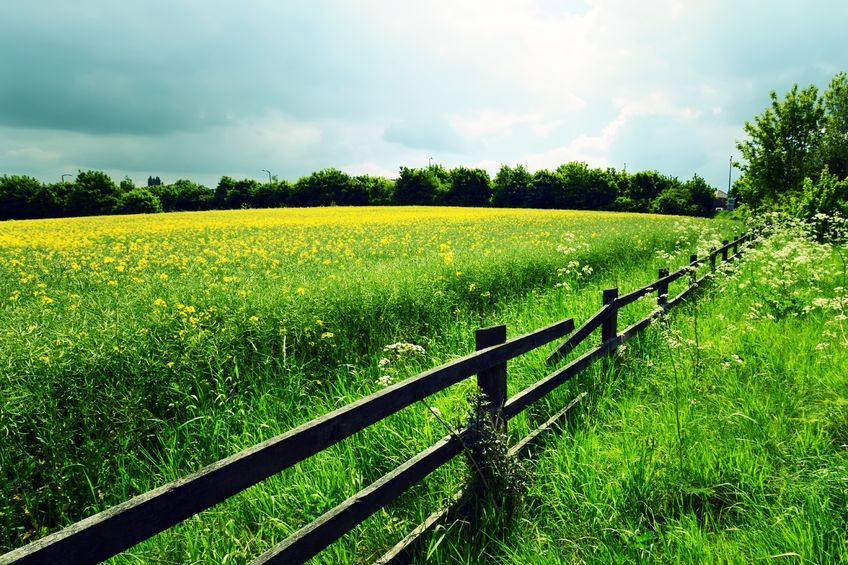
Farmland prices may drop after Britain leaves the European Union as agricultural subsidies 'diminish' causing many farmers to leave the industry.
An increase in borrowing costs coupled with low farm-gate prices could force the hand of those struggling to make money without subsidies, said Andrew Shirley of real estate consultancy Knight Frank.
"How quickly this scenario happens will depend on multiple factors," he said.
The average value of bare agricultural land in England and Wales fell by just 0.5% to £7,435/acre in the first quarter of 2017.
So far, the Brexit vote hasn't led to the dire economic crisis that some had predicted. As a result, demand for land remains robust, Mr Shirley said.
"We won't see the huge drops experienced in Ireland following the global financial crisis, but it's not inconceivable that average values could settle at around £6,500/acre until supply and demand comes back into balance."
Subsidy payments
The Basic Payment (BPS) subsidy scheme for farmers will probably fall by 20% after the UK leaves the bloc and may continue to decline after 2020.
"Subsidy support will be less and trade tariffs may well apply, and even if not, then our markets are at risk of being undermined by cheap imports from elsewhere in the world" said, George Chichester, a partner at Strutt & Parker farming department.
The Basic Payment Scheme (BPS) is the biggest of the European Union’s rural grants and payments to help the farming industry.
Farmers apply once a year - normally in May - and payments begin in December.
Mr Shirley said looking forward it is hard to predict the longer-term impact of Brexit.
"The real issue that will affect values is supply," he said.
"How quickly that happens will depend on how multiple factors, including commodity prices and interest rates, interact."
